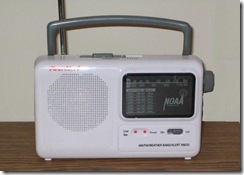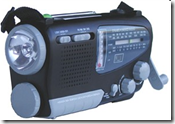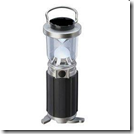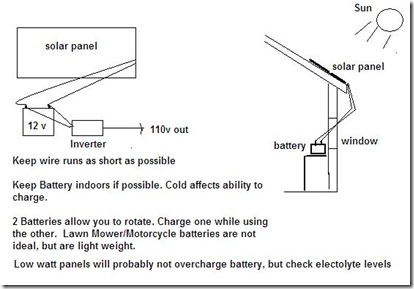# 5450
Some illuminating (and not so illuminating) satellite photos put together by NOAA show us the impact of the March 11th earthquake and tsunami on Japan’s electrical grid.
A side by side comparison of the average nighttime lighting before and after the quake is depicted below:
You’ll find the article, and high-res (1920 x 1080) photos HERE.
Literally millions of people were affected by these power outages, and two weeks after the quake, hundreds of thousands are still without electrical power.
While the disaster in Japan was a `worst-case scenario’, large scale, and prolonged, power outages occur with some frequency around the world – particularly in the aftermath of natural disasters.
Residents in Florida, and along the Gulf and Atlantic coast, are well aware that the power can be out for days – or even weeks – in the wake of a major hurricane.
The power was still out in parts of New Orleans when I arrived there 6 weeks after Katrina to clean out my brother’s apartment, and it took a couple of weeks to restore power to all of Miami after hurricane Wilma.
Earthquakes, floods, tornadoes, ice storms, and even solar storms (see Solar Storms, CMEs & FEMA) all have the potential to knock the power out in your community for days or even longer.
Given our reliance on electricity for practically every aspect of modern living, most families are woefully unprepared to deal with a significant interruption in the grid.
Aside from lighting and powering such `necessities’ as the Internet and cable TV, many homes also heat and cook solely with electricity.
And there are some who rely on oxygen concentrators, or other medical equipment who must have continuous electrical power.
Those on wells depend upon electricity to pump water into their homes.
Prolonged outages can even affect a municipality’s ability to deliver water, and carry away sewage from your home or business.
All of which points out the need for individuals and families to consider how they would cope if the power were to go out for days, or even weeks, where they live.
Do you have enough food and water to last at least 72 hours, but preferably 10 to 14 days?
Do you have a source of lighting (other than candles) that will provide sufficient light for a week or longer?
If you live in a frigid climate, can you and your family stay warm without electric power?
If the power goes out, can you flush toilets? If not, have you made provisions for sanitation needs?
Can you charge cell phones, or run emergency radios, for a week or longer?
The solution that many immediately consider is to buy a generator, and while a reasonable solution for some families, many will find it impractical.
Generators must always be run outdoors, well away from enclosed living spaces, and require large amounts of flammable and difficult to store fuel.
They are expensive, noisy, and can attract unwanted attention. And generators require maintenance and occasional repair.
FEMA has some useful safety tips on using a generator, for those still considering their use.
For most people, the better solution is to find workarounds during power outages like LED lighting, chemical toilets, sleeping bags, and camp stoves.
In my essay The Gift Of Preparedness: 2010 I highlight a number of small ticket items that would come in very handy during a prolonged power outage, including:




LED lanterns and flashlights can run up to 10 times longer on a set of batteries than with incandescent bulbs.
I personally have a solar power setup, to provide (very) limited 110 volt power should the need arise. You can read about my system, and how you can make one for yourself at Preparedness: Solar Power On A Budget.

For the price of a solar setup, however, you can buy a lot of alkaline batteries. As with buying a generator, solar isn’t for everybody.
For those living in colder climates, staying warm during a winter power outage may be the biggest challenge.
Those with wood, oil, or LP gas heat have an advantage - although heating a home without electrical blowers can be a bit tricky (and dangerous) - even with these alternative forms of heat.
The time to figure out how to do these things safely is now, before a disaster or crisis arrives.
One way to do that is to hold a power outage drill. Pick a weekend to shut off the main breaker to your home for 24 hours, and live without the luxury of the grid.
In short order you’ll discover what areas of your family’s emergency plan needs work.
While it may sound daunting, I lived successfully `off the grid’ for several years aboard a small sailboat during the 1980s.
It required some adjustments to my lifestyle, but with the proper preparations, it was eminently doable.
